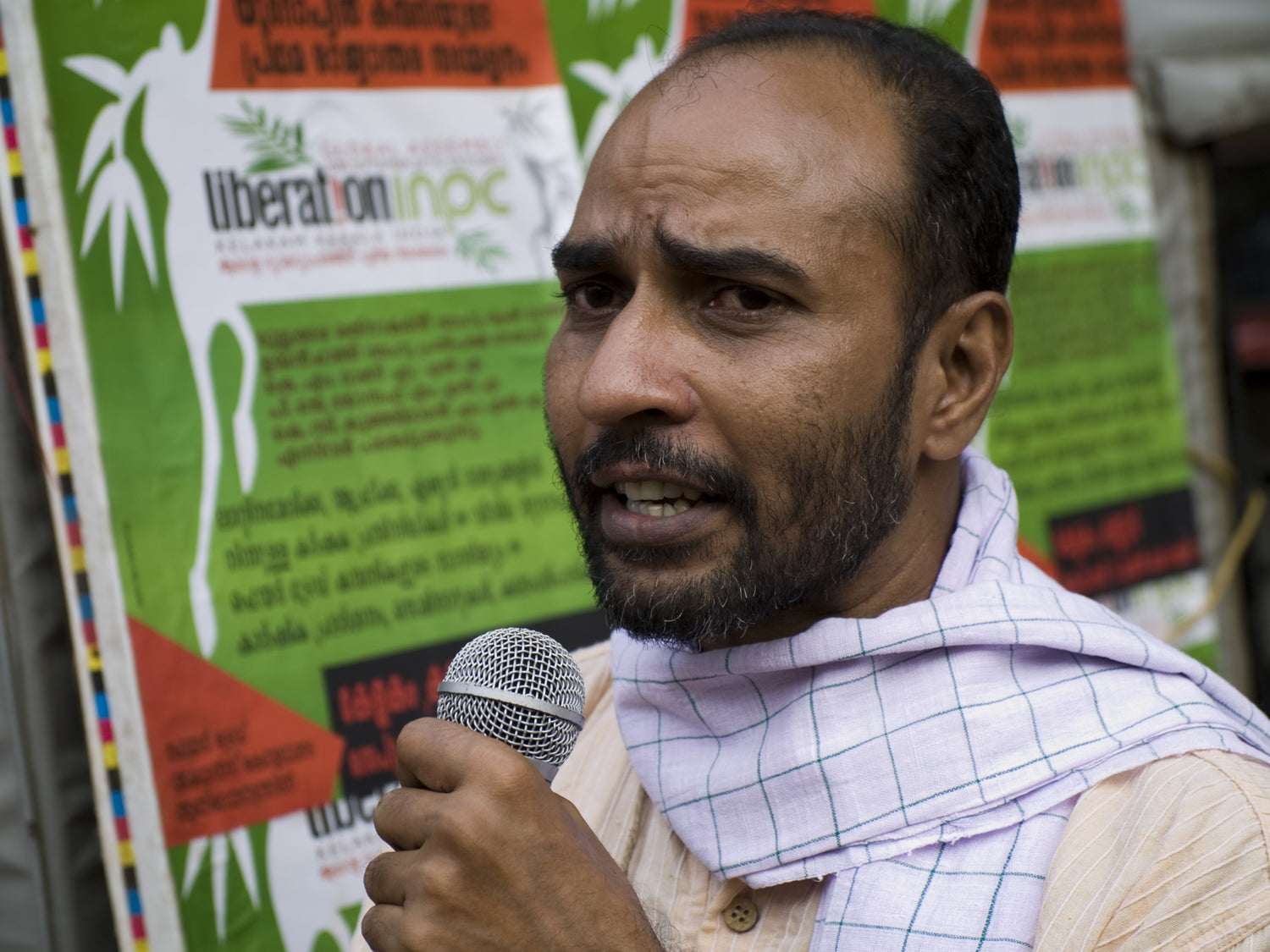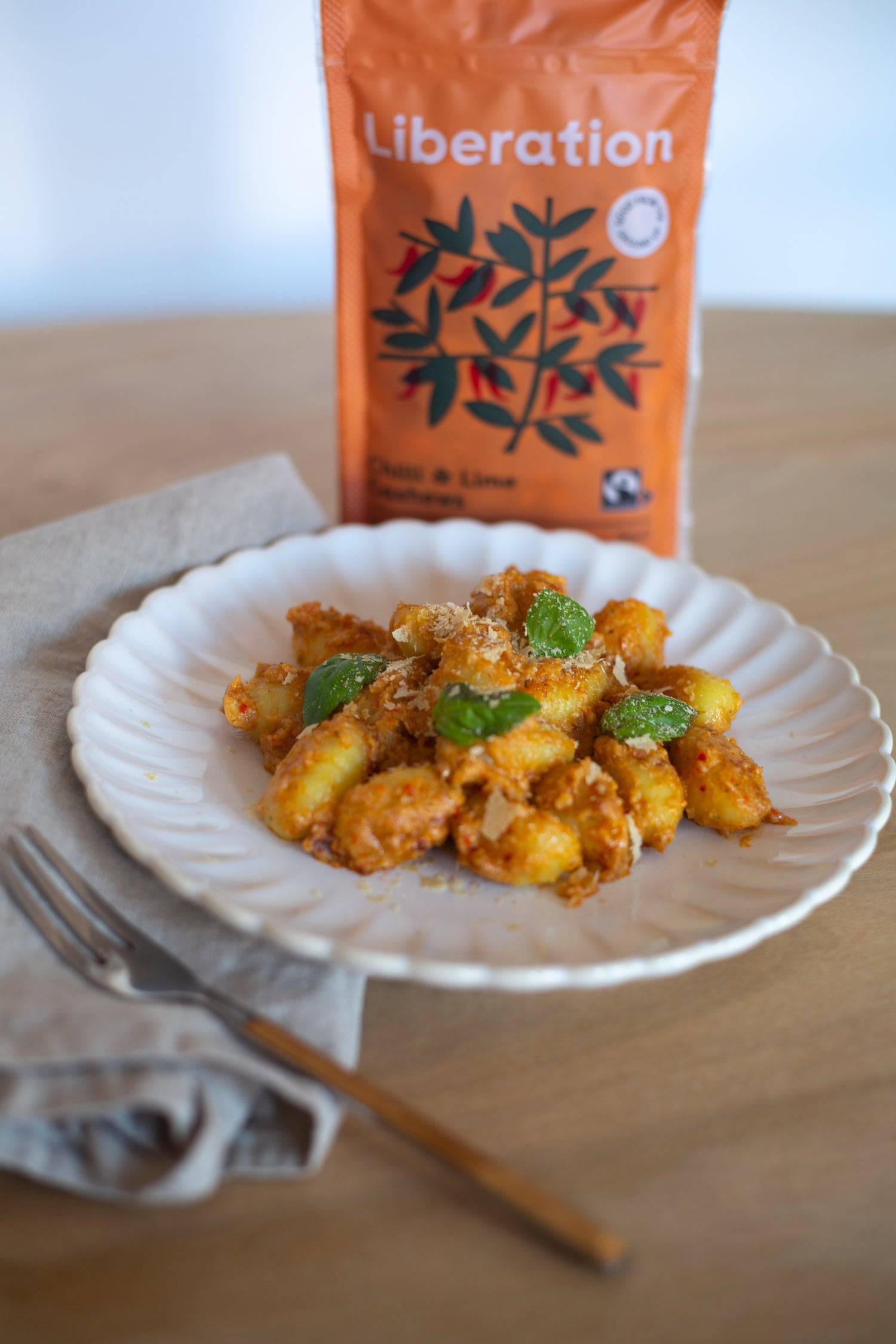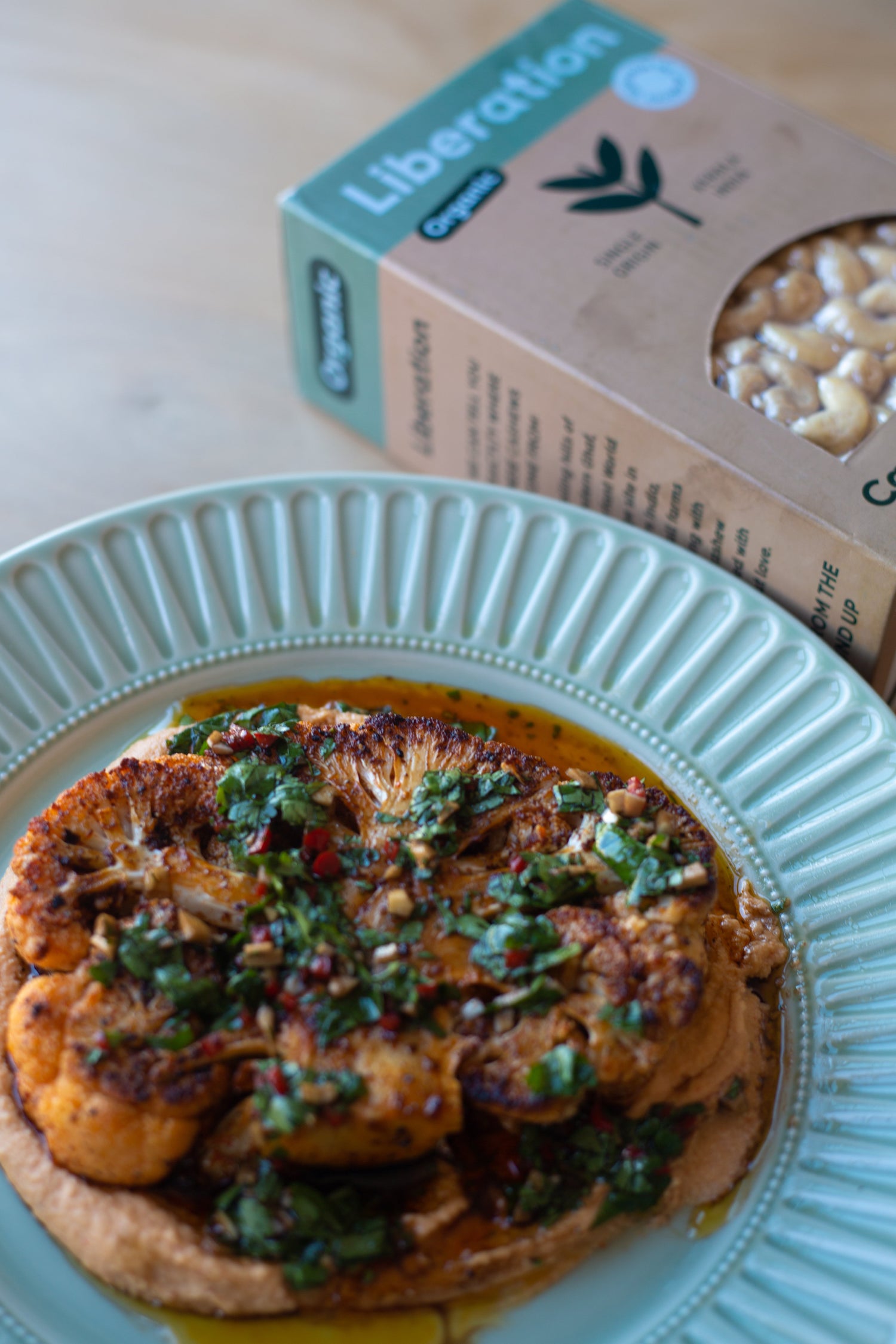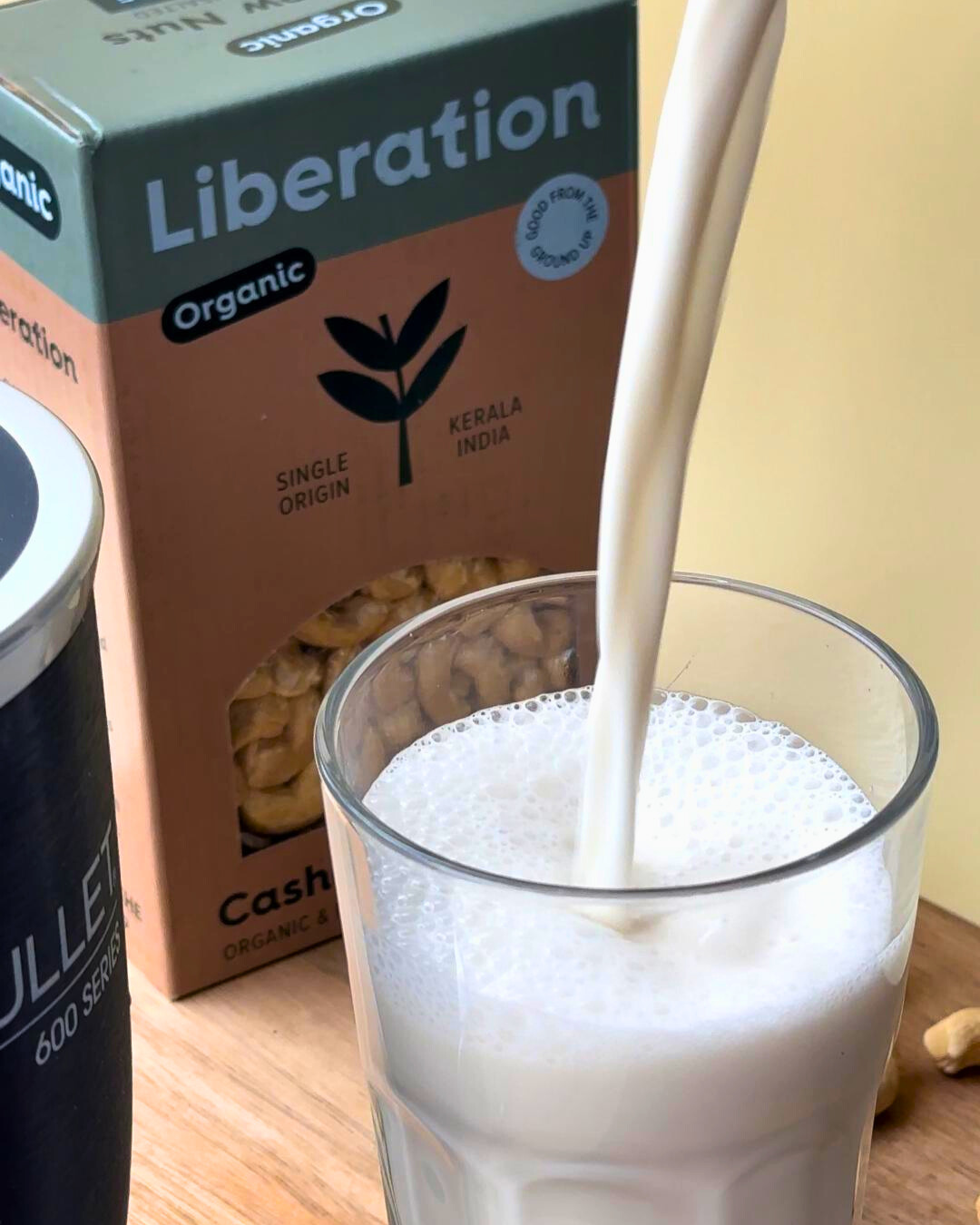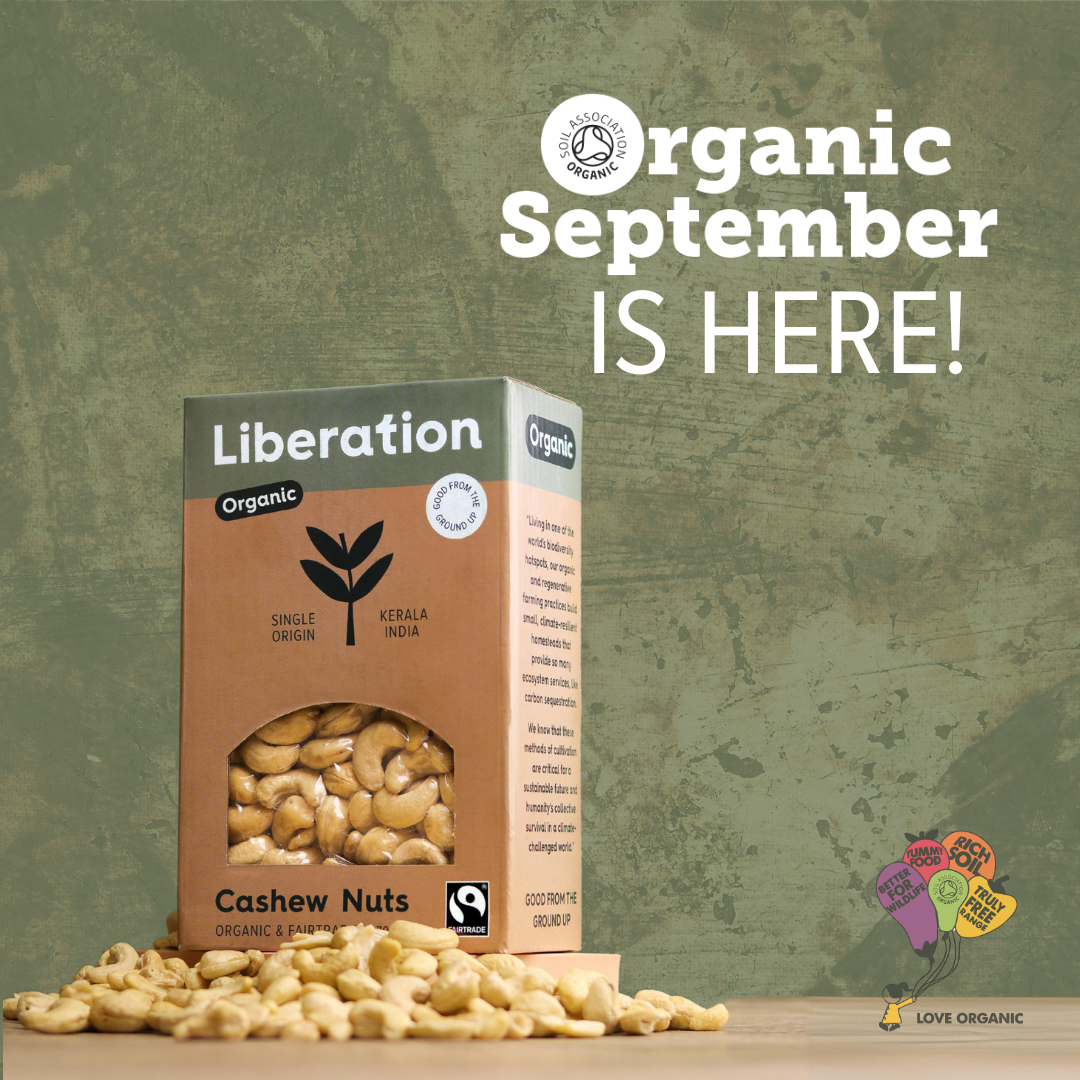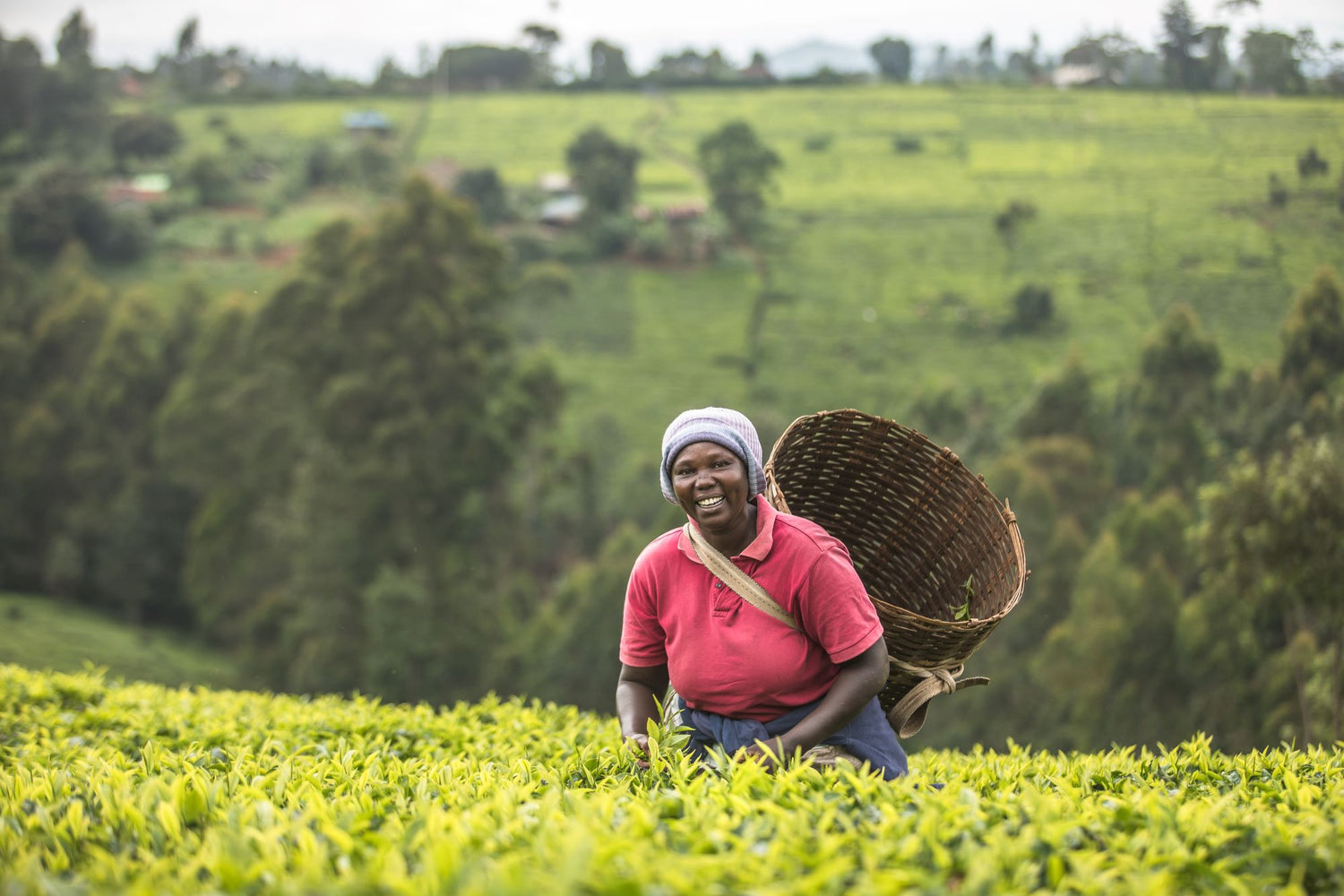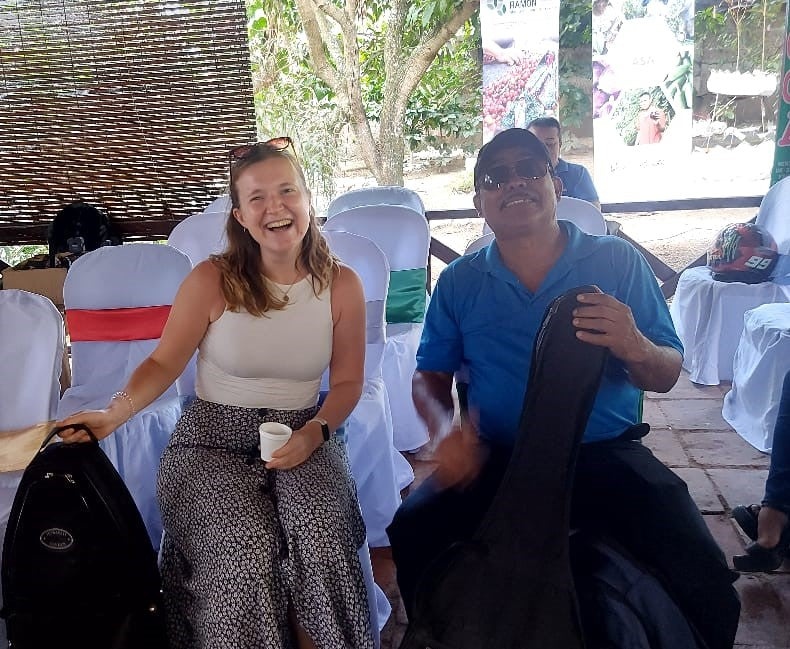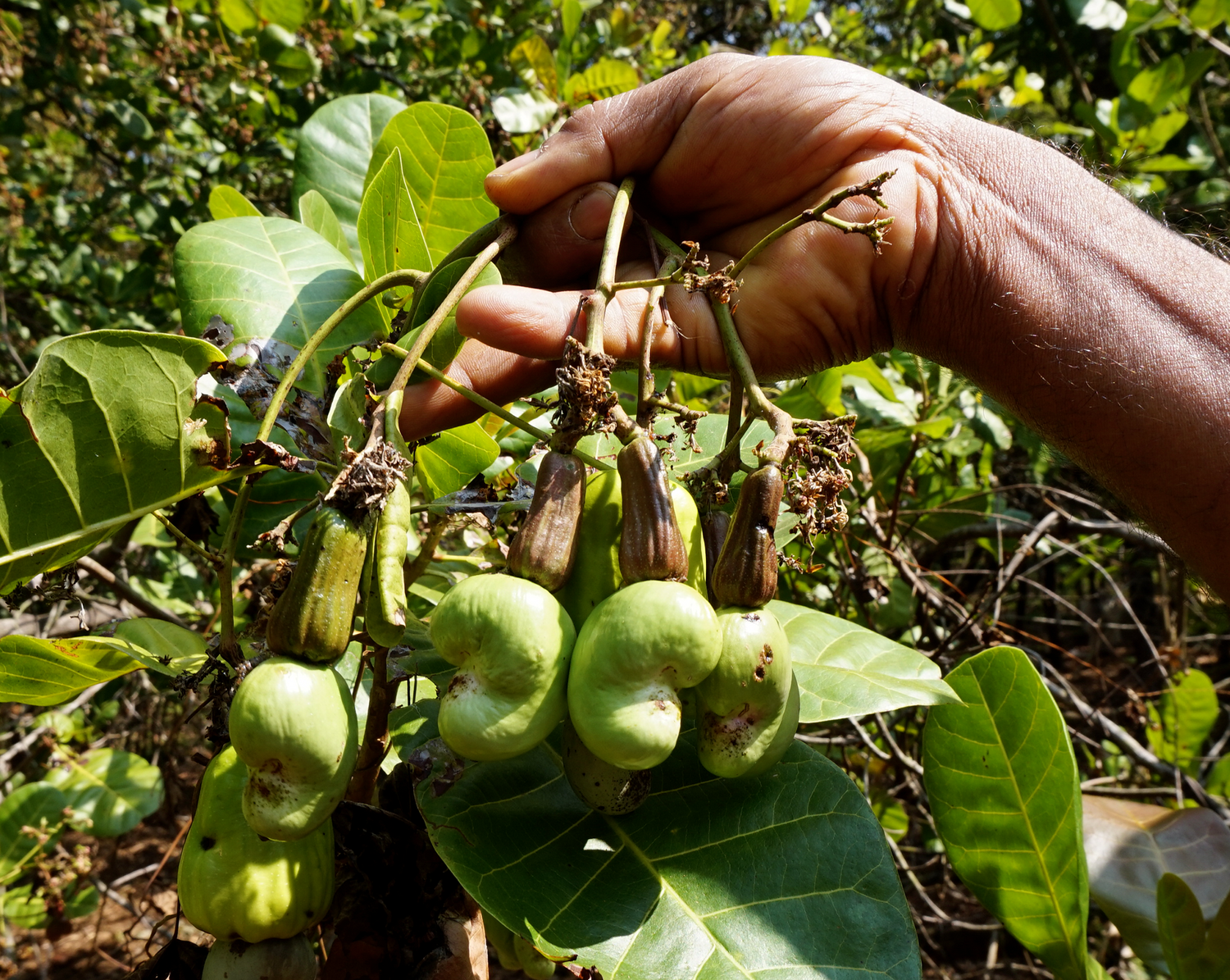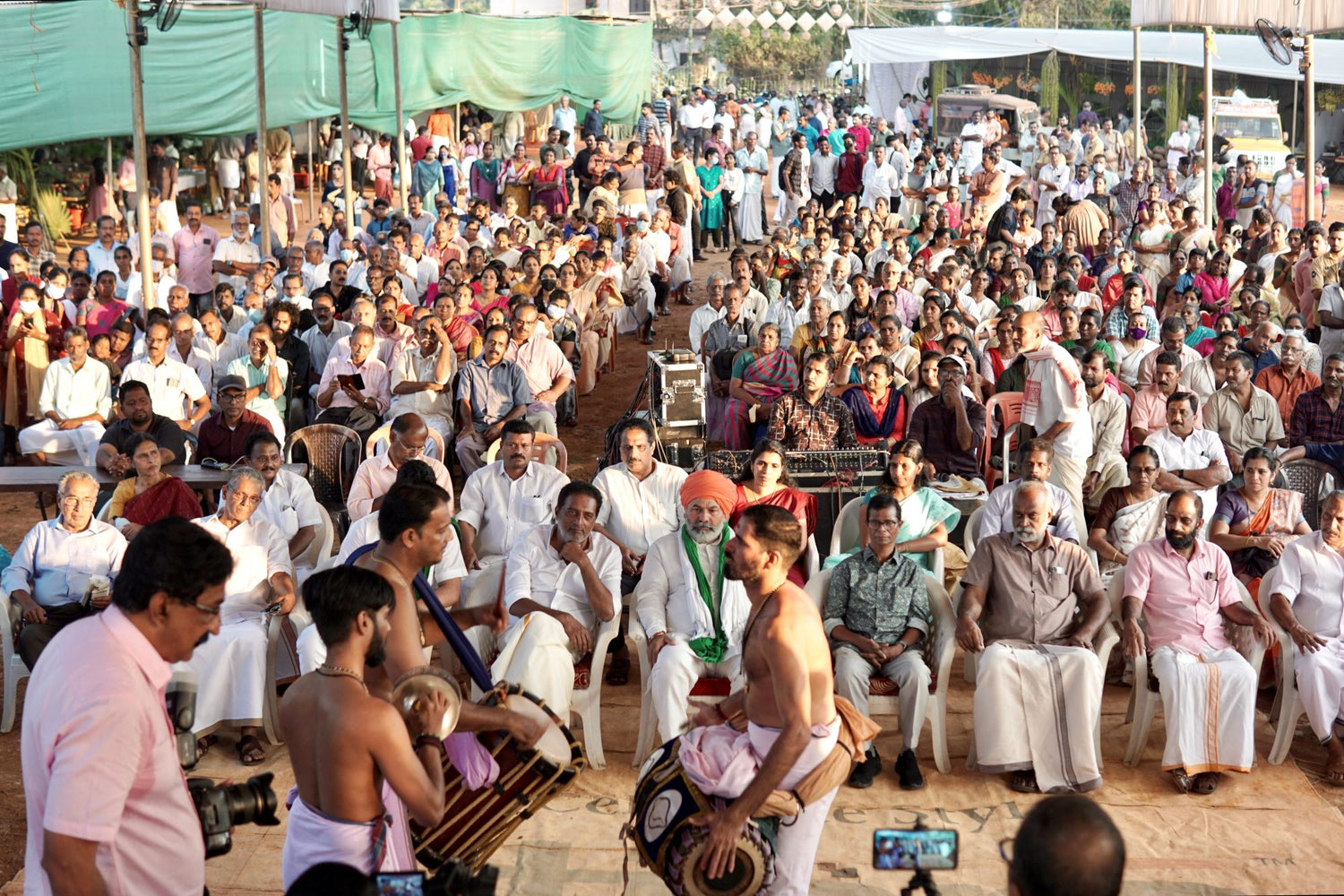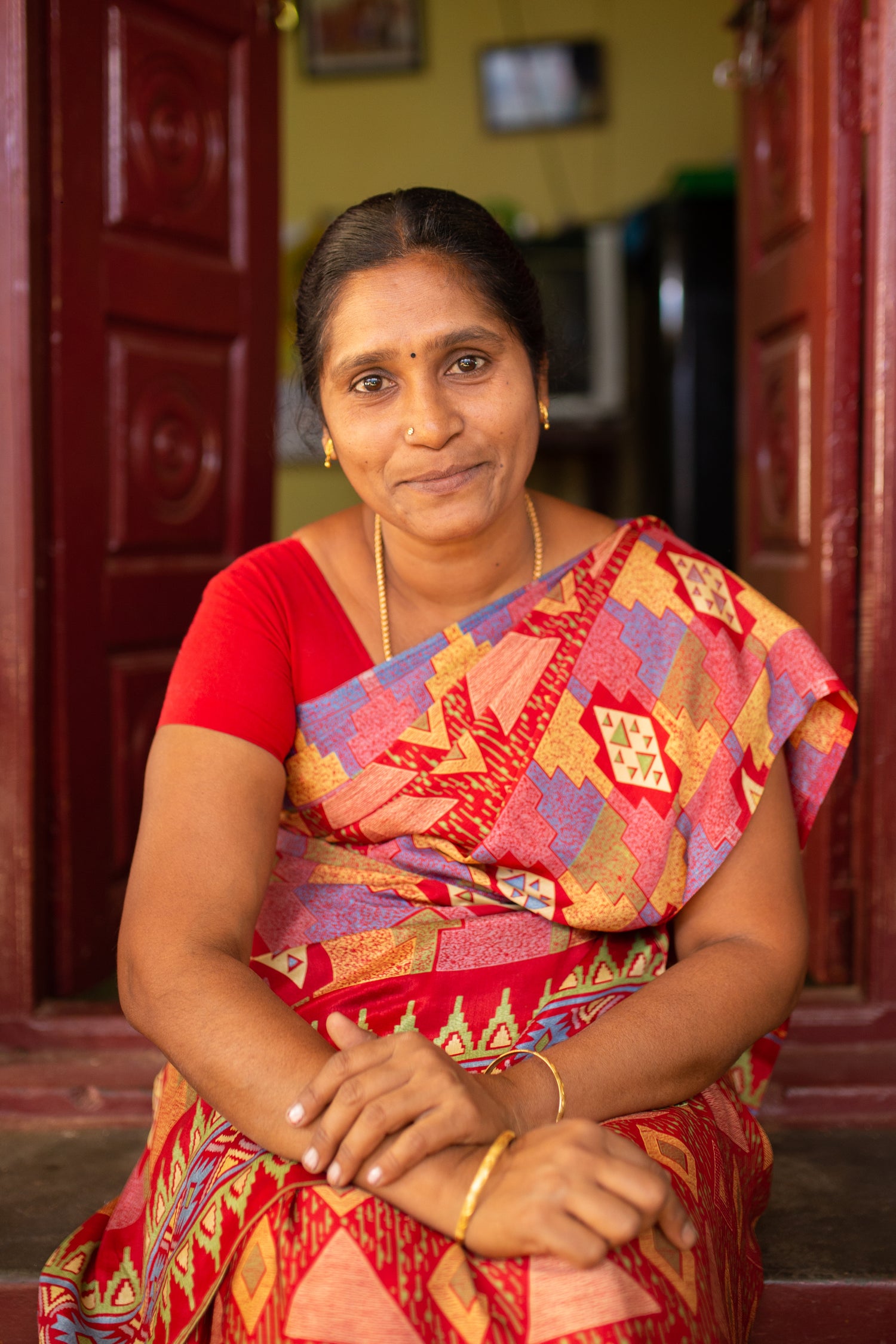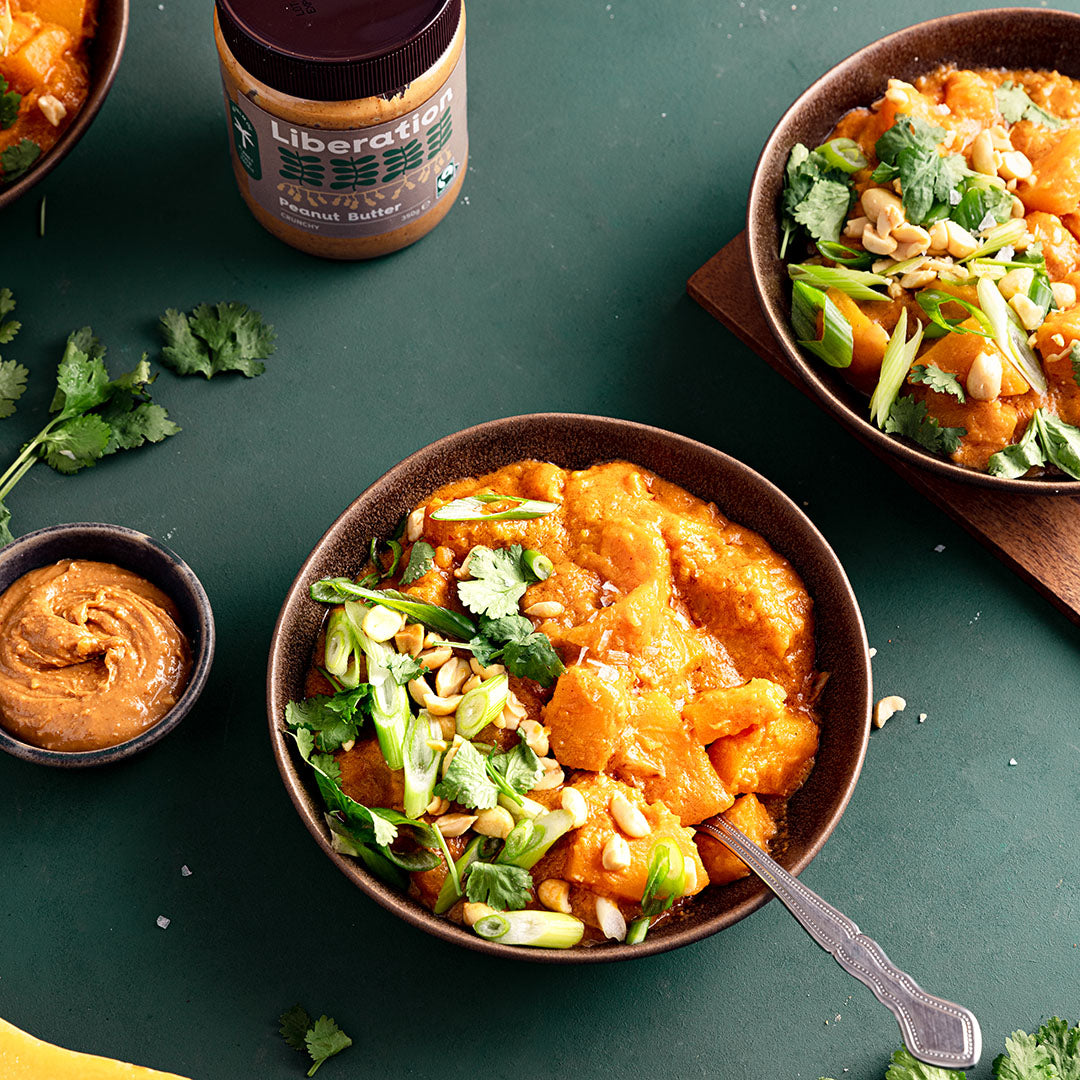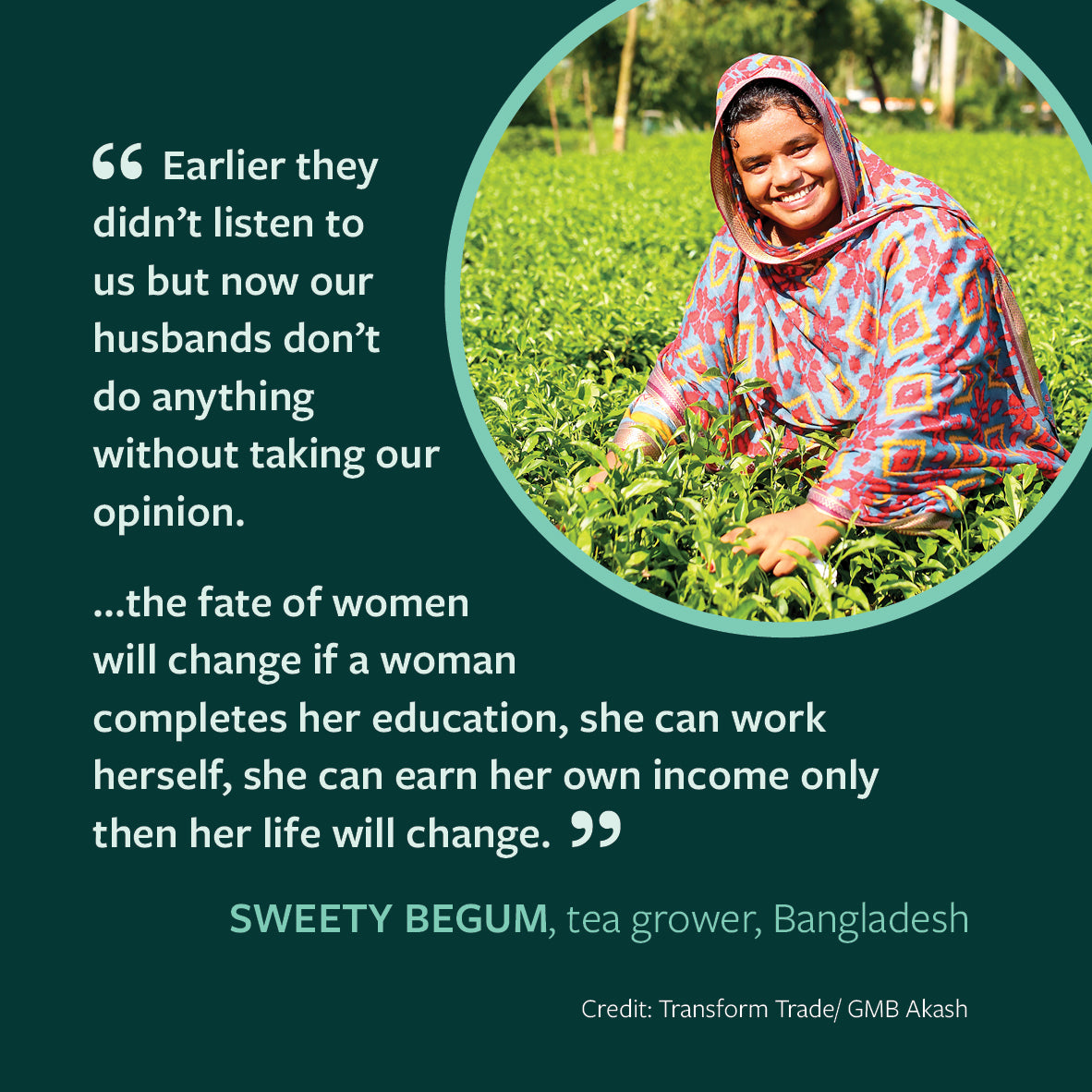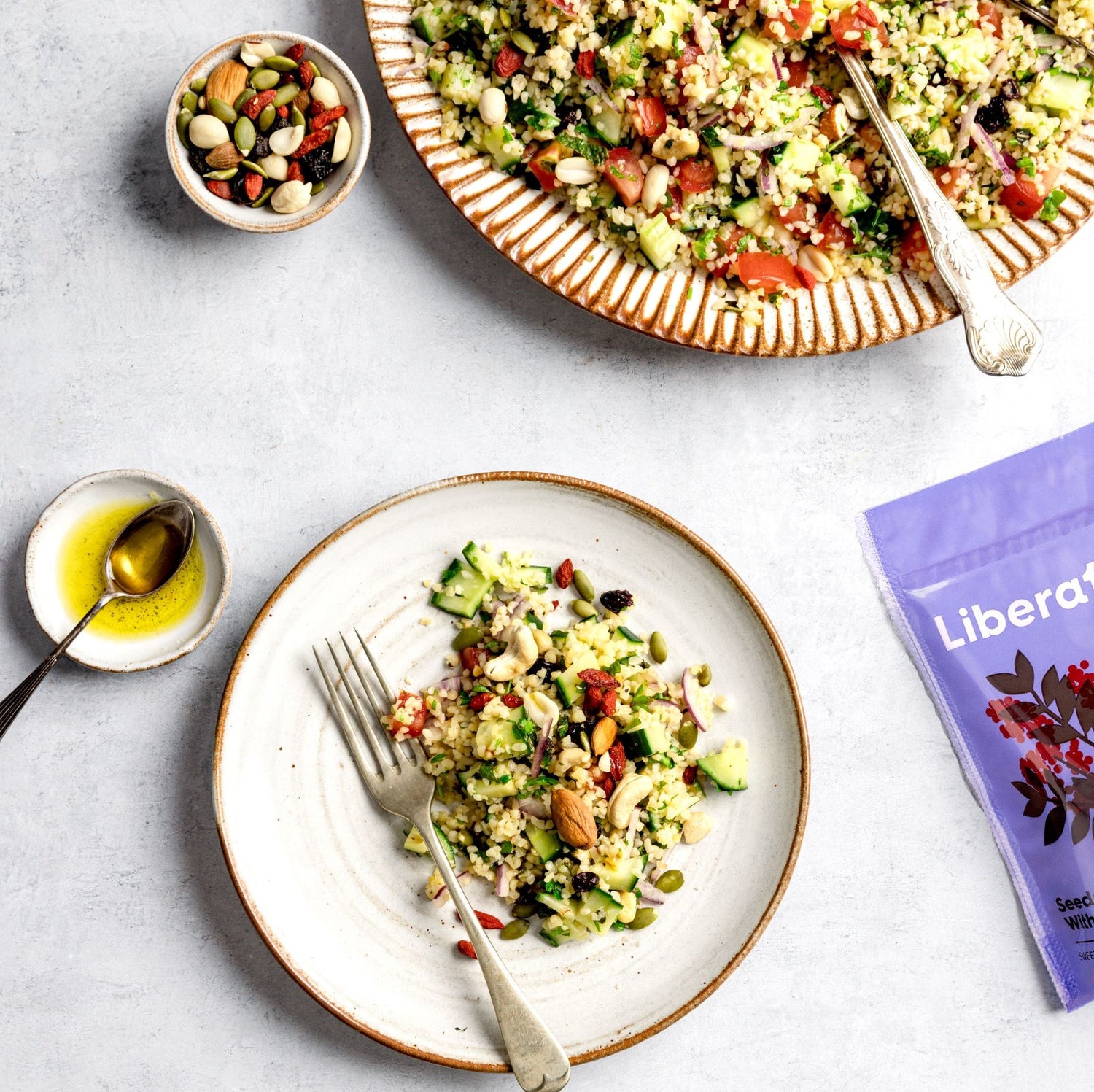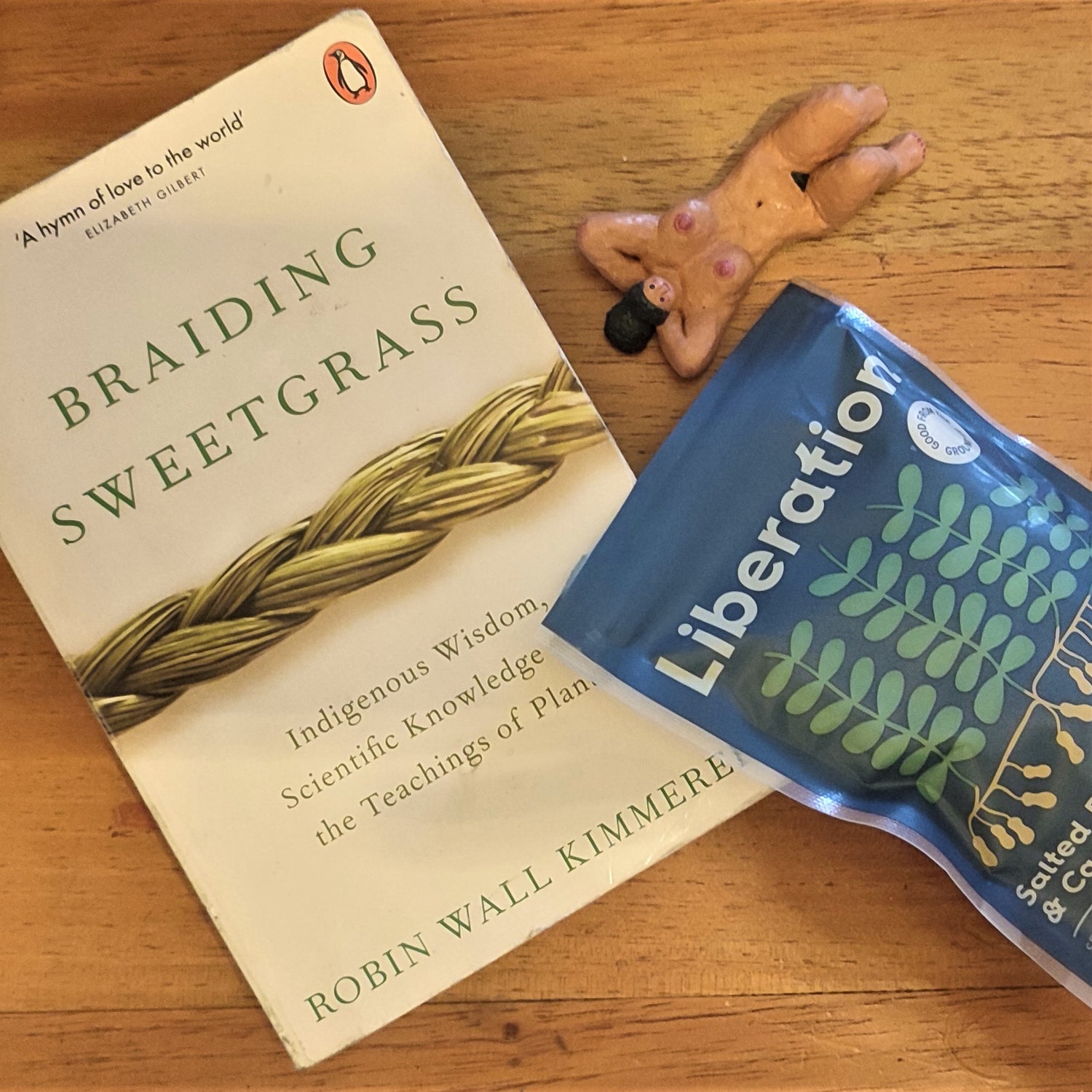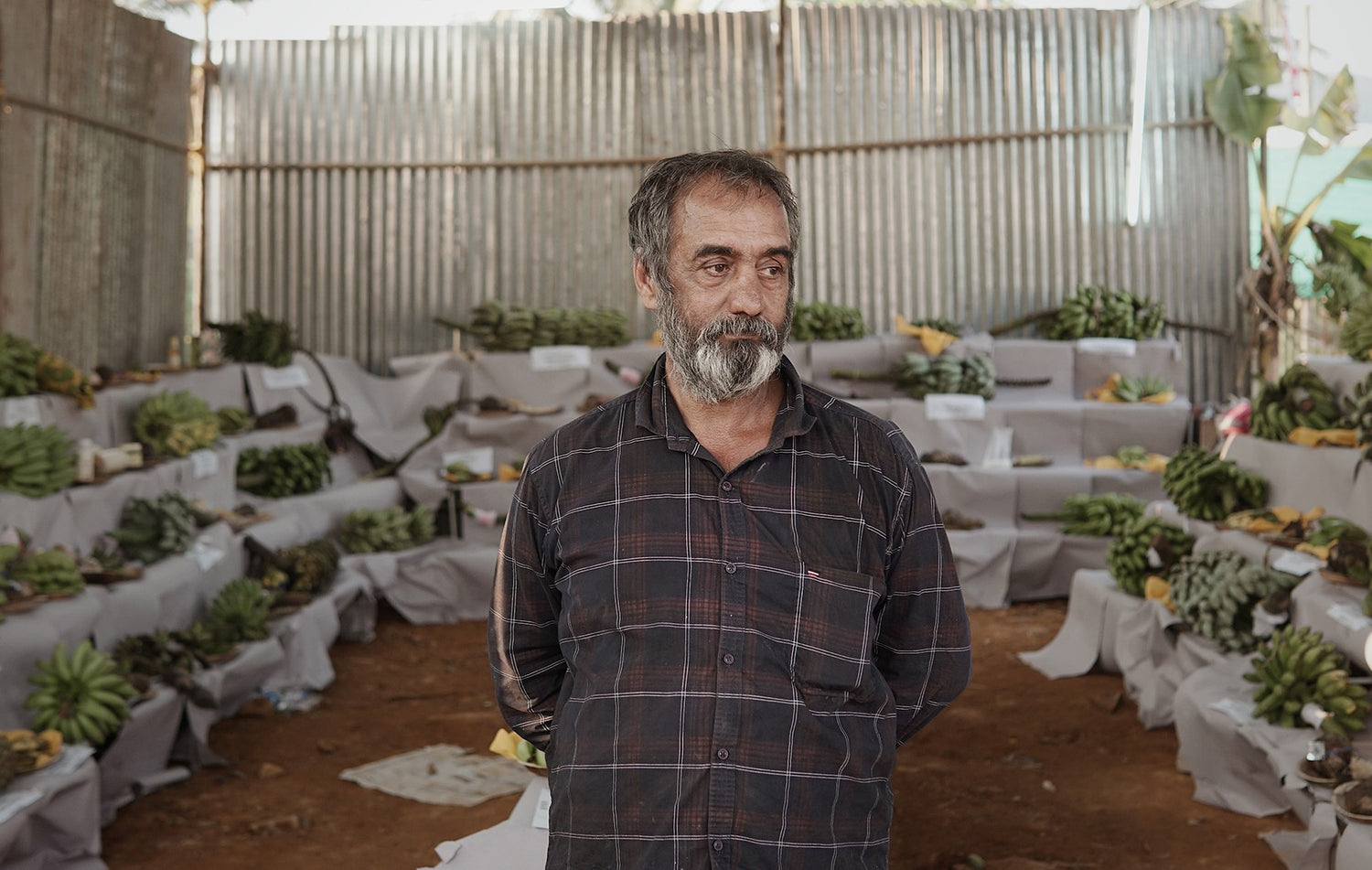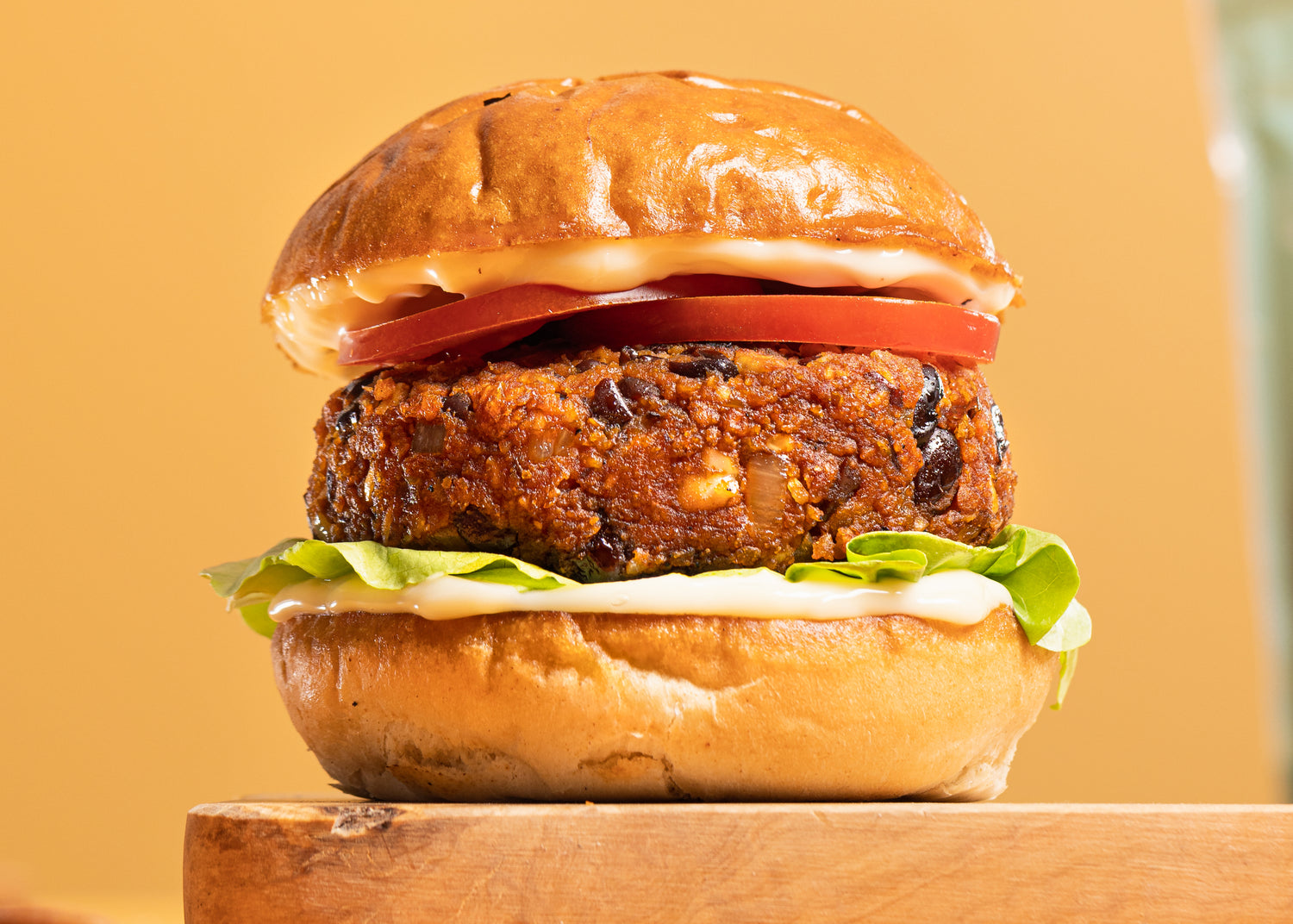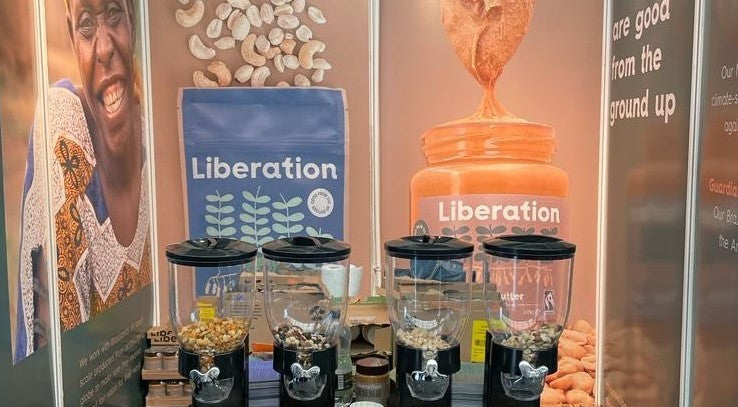Last year was a turbulent year for all. Almost everyone faced challenges, disruptions and loss in one form or another. For Liberation, a smallholder farmer-owned company, we were not only concerned with the goings-on within the UK but also across continents with our friends and colleagues in the cooperatives and producer countries we work closely with.
India, one of the said countries, undoubtedly faced some incredibly tough moments. Not only did it have the second highest Covid-19 death rate in the world (after the U.S.A.) and a harsh and rapid lockdown that resulted in many facing desolation through the loss of earnings, but also there was the implementation of three farm acts (also described as ´anti-farmer´acts) which, according to many, would leave farmers “at the mercy of corporates” and resulted in mass protests across the country.
Fair Trade Alliance Kerala (FTAK), in the southwestern part of India, is a collective of over 4,500 farmers who, amongst many other things, supply us with cashews. At the end of last year, we spoke to Tomy Mathews, Managing Director of Elements (exporter of FTAK cashews) and FTAK cooperative member, about the year that the coop and his country had endured.
According to Tomy, 2020 started like all others with hectic preparation for the annual seed festival which takes place on the 3rd week of January and is one of the biggest events for the FTAK. Cashew started with a good crop and Covid-19 was nothing but a strange news story.
But only a few months in, the virus reached India and by March the country went into a dramatic and hastily announced lockdown with just several hours notice given across the entire sub-continent, before an initial two months of enclosure. Whilst the country has been praised for its rapid and comprehensive response, there has also been criticism for its economic fallout and its impact on migrant workers, many of whom were left without income and were forced to return to their hometowns, often thousands of miles away, either by foot or bicycle, often being arrested on route for breaking lockdown rules and in some cases dying of fatigue and starvation on the way. Tomy´s analysis of the implementation of the quarantine is scathing, stating that “it probably saw more people dying of hunger, stress and fatigue than people killed from Covid related sickness”. The quarantine continued, on and off for the rest of the year.
Then, the farming community was hit with another major blow. On 17th September the government signed three legislative bills linked to the agricultural sector, a sphere already struggling with crippling debts for many smallholder farmers and alarming suicide rates. According to the National Crime Records Bureau there were a reported 2,563 deaths from suicide of farmers and daily wagers in 2019 alone. The government claimed that these new laws would enable farmers to access multiple marketing channels and offer them a legal framework to enter into prearranged contracts and trade deals.
But the harsh outcry from farmers and wider industries and individuals suggested otherwise. The main (but simplified) criticism raised was that the bills actually support large corporate companies whilst undermining farmers and destroying their livelihoods (an even more daunting prospect when considering that half of India's working population come from the agricultural sector). In response, tens of thousands of farmers marched to Delhi in protest and those that couldn´t be there in person joined in remotely.
According to Tomy, farmers have been trying to negotiate with the government for years over a single, simple demand: for trading below prices to be made illegal, a request that he describes as ´akin to fairtrade minimum prices and sustainable production´. This is glaringly absent from the new laws.
The protests, that began urgently, passionately, and continue on, are a milestone in India´s history. Farming leaders are about to start the eighth round of talks with the Centre and Tomy, who has been participating from afar, due to lockdown restrictions, along with Chairman, John Arakkal and many members of FTAK, says that for the first time the government is recognising the people's voice and the challenge to their power.
As the protests gathered momentum, FTAK were having their own battle, along with many other farming cooperatives and individuals, as a change in buyer demand and falling market prices created new problems for selling much of their produce, including spices, coffee and coconut. With rigid supply chain regulations and many customers and regular buyers no longer investing, much of the produce went to waste. Farmers were missing out on income despite having the produce available. Even at the time of this conversation, there was a surplus of coffee from previous crops that were already going to be disposed of as the new harvest was upon them.
But being part of an alliance proved to be a vital lifeline for the members of FTAK. Chairman, John Arakkal, offered a concise and eloquent summary of its significance:
“This pandemic period taught us more than any other time the critical difference a fair price for their produce can play in farmers’ lives. FTAK braved one of the harshest lockdowns in the world to keep our collection depots open and pool in our fair trade cashews. It literally put food on the table for several households, it has certainly saved several families from despondency, many farmers were cushioned from falling into penury. While the open market failed to collect cashews or often brought on credit, we were able to buy and pay cash down, greatly enhancing farmers' confidence.”
Liberation continued to trade with FTAK, bulk buying cashews to sell to leading British supermarkets, keeping shelves stocked and kitchen cupboards filled with Fairtrade nuts. According to Tomy, “the relationship between Liberation and the FTAK proved strong” and helped to support farmers who had taken extreme measures to harvest the nuts and relied heavily on these sales. Tomy reflected on the value of this relationship, saying that “organic, fairtrade principles are vital for upholding producer interests and if there had been more relationships like the one between FTAK and Liberation farmers, futures may have been saved.”
So as the year ended, protests were ongoing, Covid-19 cases continued to fluctuate and farmers continued to battle to stay afloat, Tomy´s final thoughts were subdued but not despairing. All he hopes for 2021 and the immediate future of FTAK is that there is “a greater semblance of normalcy coming”, as we all do.

